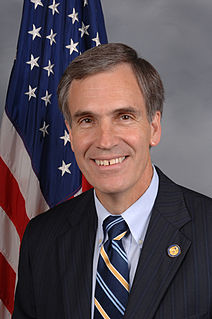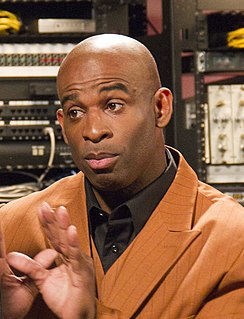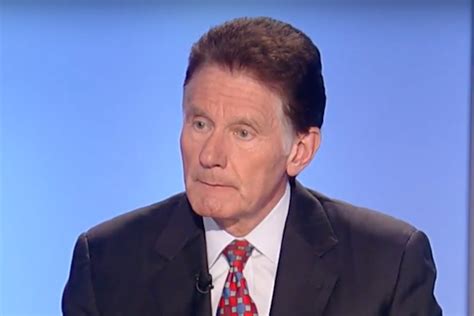A Quote by Philippe Cousteau, Jr.
Our oceans cover two-thirds of what my grandfather called our water planet, and the part of the ocean that falls under the jurisdiction of the United States covers an area larger than the country itself.
Related Quotes
But in a way you can say that after leaving the sea, after all those millions of years of living inside of the sea, we took the ocean with us. When a woman makes a baby, she gives it water, inside her body, to grow in. That water inside her body is almost exactly the same as the water of the sea. It is salty, by just the same amount. She makes a little ocean, in her body. And not only this. Our blood and our sweating, they are both salty, almost exactly like the water from the sea is salty. We carry oceans inside of us, in our blood and our sweat. And we are crying the oceans, in our tears.
The living ocean drives planetary chemistry, governs climate and weather, and otherwise provides the cornerstone of the life-support system for all creatures on our planet, from deep-sea starfish to desert sagebrush. That's why the ocean matters. If the sea is sick, we'll feel it. If it dies, we die. Our future and the state of the oceans are one.
Half of the [USA] population, roughly, thinks the world was created a couple thousand years ago. Two thirds of the country is expecting the second coming of Christ. They've also had to turn to nativists. The gun culture in the United States, which is out of control, is party fueled by people who think 'we've got to have our guns to protect ourselves.'



































